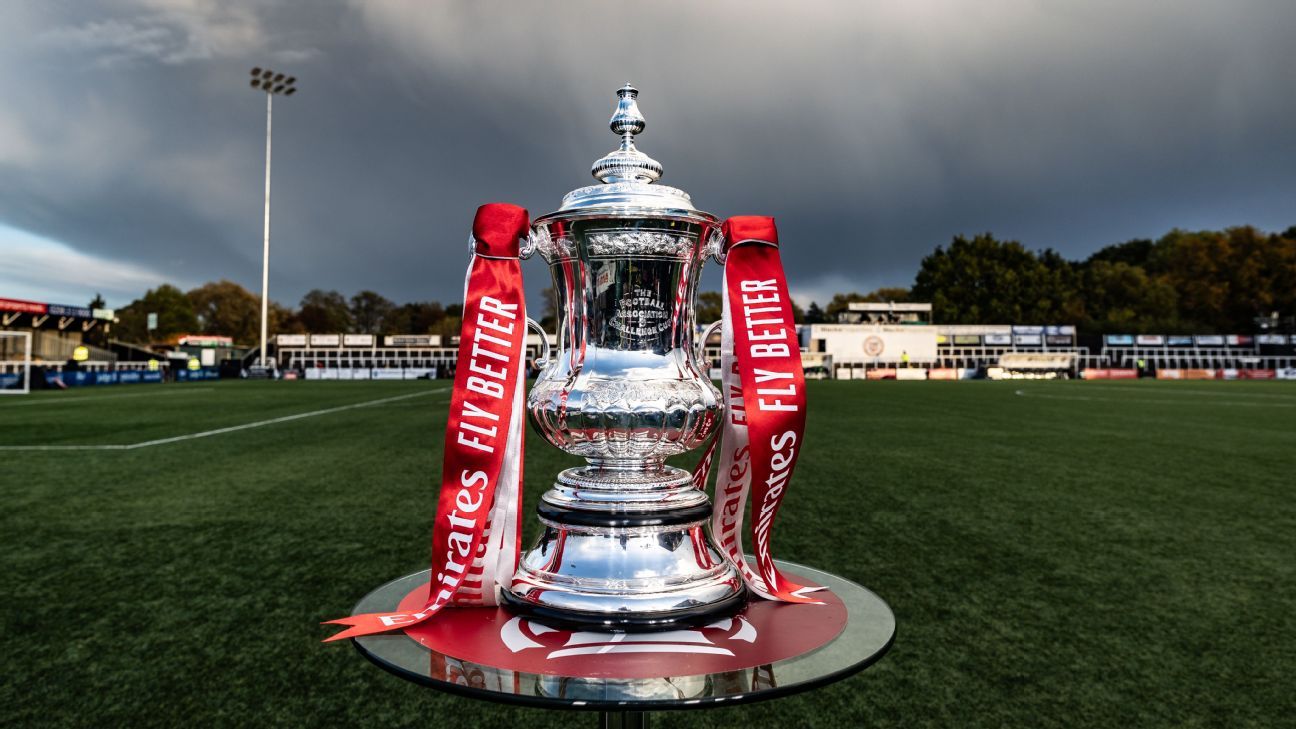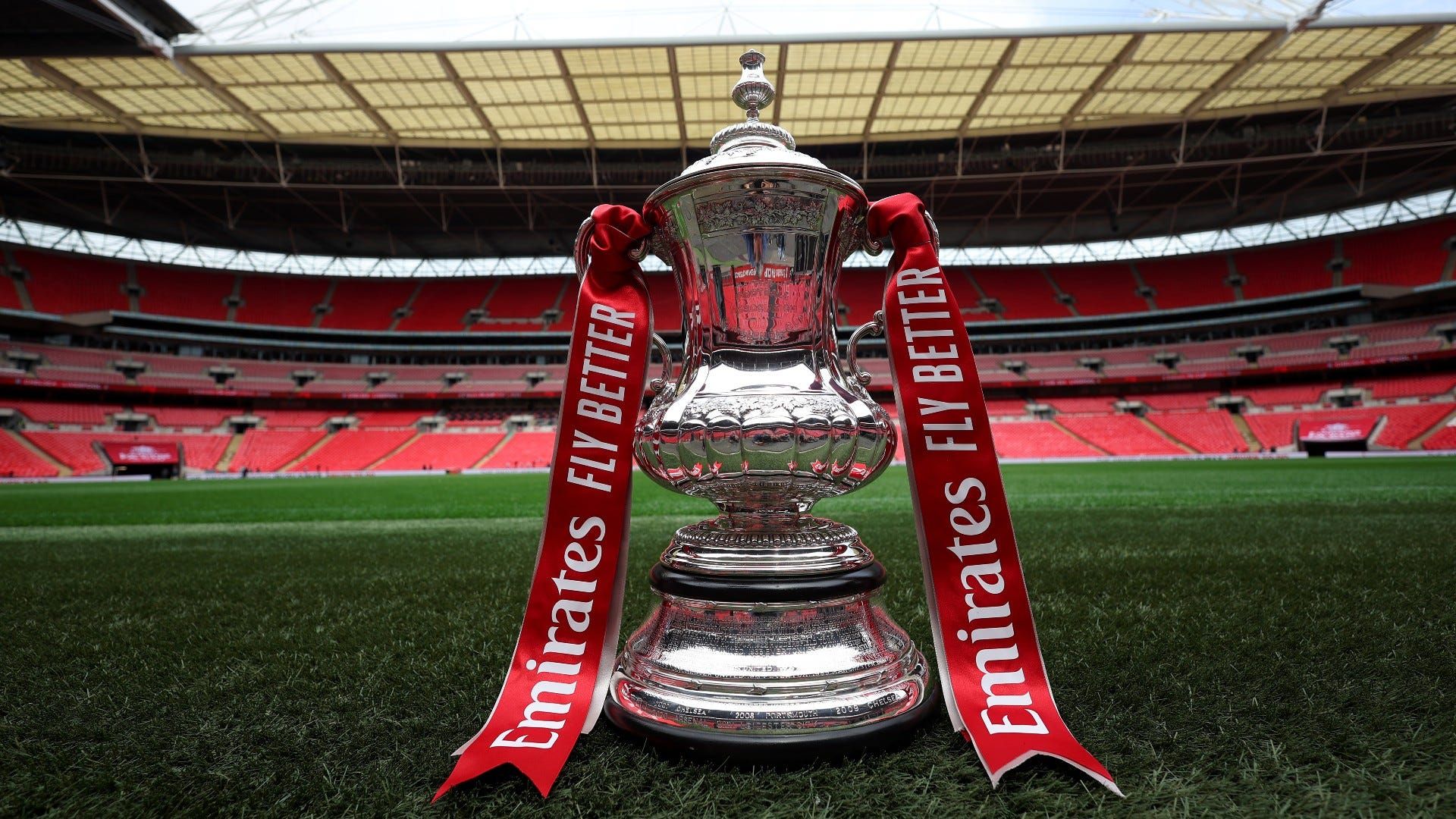League Cup vs FA Cup: Two titans of English football, these competitions boast distinct histories, structures, and levels of prestige. This in-depth comparison delves into their evolution, contrasting their formats, rules, and the impact they have on teams, players, and fans. From the historical significance of their founding to the modern-day battle for glory, we dissect the key differences and similarities that define these iconic tournaments.
We will explore everything from qualification processes and tactical approaches to fan engagement and media coverage, examining how each cup shapes the narrative of the English football season. The analysis will shed light on the perceived prestige of each competition, the financial implications of success, and the lasting impact on a club’s reputation. Ultimately, we aim to provide a comprehensive understanding of the unique roles the League Cup and FA Cup play within the rich tapestry of English football.
A Historical and Comparative Analysis of the League Cup and FA Cup: League Cup Vs Fa Cup
The English football landscape boasts two prominent cup competitions: the League Cup and the FA Cup. While both contribute significantly to the domestic football calendar, they differ markedly in their history, structure, prestige, and overall impact on clubs and players. This article provides a detailed comparison of these two iconic tournaments.
Historical Significance
The FA Cup, founded in 1871, holds the distinction of being the oldest national football competition in the world. Initially, it featured mostly amateur clubs from across England. The League Cup, on the other hand, emerged much later, in 1960, as a competition primarily for Football League clubs. Its inception aimed to provide additional competitive opportunities for teams outside the top flight.
The evolution of both competitions has been marked by changes in format, eligibility criteria, and broadcast deals. The FA Cup’s early years saw a gradual expansion in participation, encompassing more professional clubs. Similarly, the League Cup has adapted its structure to accommodate the ever-changing football landscape, incorporating changes in league divisions and team numbers.
Iconic moments abound in both competitions. The FA Cup final has consistently produced memorable matches, such as Manchester United’s 1999 comeback against Newcastle United, and Arsenal’s famous 2005 win against Manchester United. The League Cup, while perhaps less glamorous in its overall perception, has also witnessed dramatic moments, including Liverpool’s numerous triumphs and recent close contests.
Timeline of Key Milestones:
- FA Cup: 1871 – Founding; 1901 – Introduction of replays; 1923 – First televised FA Cup final; 1992 – Formation of the Premier League, significantly impacting FA Cup participation; 2000s – Increased use of replays; 2020s – Continued evolution with discussions on format and participation.
- League Cup: 1960 – Founding; 1970s-1980s – Growth in popularity; 1990s-2000s – Changes in format to accommodate Premier League clubs; 2010s-2020s – Ongoing adjustments in scheduling and broadcast rights.
Tournament Structure and Rules

The qualification processes differ significantly. All Football League clubs participate in the League Cup, while the FA Cup includes teams from the Premier League down to the lower divisions, leading to a significantly larger number of participating teams. Both competitions feature knockout stages, but the FA Cup’s longer route and the inclusion of a vast number of lower-league teams makes it a more arduous journey to the final.
Replays were once a standard feature of both competitions, but their frequency has decreased in recent years. Extra time and penalty shootouts are used to determine winners in drawn matches.
Get the entire information you require about league cup next round fixtures on this page.
| Competition | Teams Participating | Match Format | Tournament Duration |
|---|---|---|---|
| FA Cup | ~700 (non-league to Premier League) | Knockout | ~9 months |
| League Cup | 92 (EFL and Premier League) | Knockout | ~6 months |
Prestige and Status, League cup vs fa cup
The FA Cup is widely considered the more prestigious competition, largely due to its history and the tradition surrounding the final. Winning the FA Cup is often viewed as a greater achievement than winning the League Cup, though the League Cup victory is still significant, especially for clubs aiming to secure European qualification through cup success.
Winning the FA Cup often boosts a team’s morale and confidence, providing a significant boost to their season. For smaller clubs, reaching later rounds, let alone winning, can be a transformative event, impacting their reputation, finances, and future ambitions. The historical significance of FA Cup wins for clubs like Arsenal, Manchester United, and Liverpool is undeniable, signifying eras of dominance and success.
Team Selection and Tactics

Managers often utilize different team selection strategies in each competition. The FA Cup might see more opportunities for fringe players and younger talent, whereas the League Cup is frequently used to experiment with tactics and formations. Rotation policies vary, but generally, stronger squads are fielded in the later stages of both competitions, particularly as the stakes rise.
- FA Cup: Early rounds often see weaker squads, while later rounds see stronger teams.
- League Cup: More frequent rotation, with a mix of first-team and reserve players used throughout the competition.
Fan Engagement and Media Coverage
The FA Cup consistently attracts greater fan engagement and media attention compared to the League Cup. This difference is partly due to the FA Cup’s longer history, more extensive participation, and the greater potential for underdog stories. Broadcast deals and television coverage play a crucial role in shaping public perception and fan interest. The atmosphere at FA Cup matches, particularly in the later rounds, is often electric, with larger crowds and a palpable sense of anticipation.
By contrast, the League Cup often sees lower attendance and less media hype, although crucial matches, especially involving top teams, do generate considerable excitement.
Impact on Clubs and Players
The financial rewards for winning each competition differ significantly, with the FA Cup offering substantially higher prize money. Cup success significantly boosts player morale and team confidence, leading to positive impacts on league form. Winning either competition can enhance a club’s reputation and attract future investment, contributing to long-term success. However, the extended run in either competition can sometimes negatively impact a team’s league form due to fixture congestion and player fatigue.
For example, a long FA Cup run can sometimes lead to a drop in league performance if the team does not manage its squad effectively.
The League Cup and FA Cup, while both integral to English football, offer distinctly different experiences. The FA Cup, with its longer history and potential for giant-killing upsets, holds a unique place in the hearts of fans. The League Cup, though perhaps less prestigious, provides valuable opportunities for squad rotation and development. Ultimately, both competitions contribute significantly to the excitement and drama of the English football calendar, enriching the sport for players, clubs, and fans alike.
Their continued existence ensures a vibrant and multifaceted domestic competition landscape.

